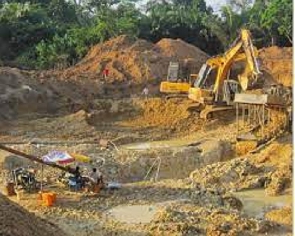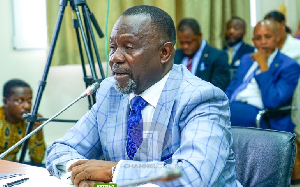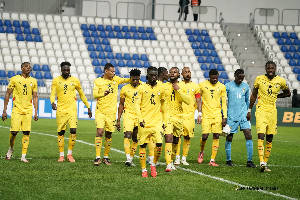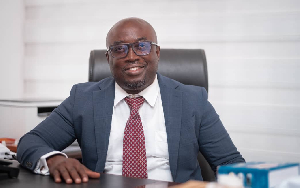Illegal mining, popularly known as galamsey, has been a significant problem in Ghana for many years. It poses a severe threat to the country's water bodies and human life, making it a menace that needs urgent attention. The situation became worse during the John Mahama-led National Democratic Congress (NDC) administration. Illegal mining was rampant, with people carrying out the activity even in townships.
In response to this crisis, President Nana Addo Dankwa Akufo-Addo made a campaign promise to end galamsey when voted into power. He assumed office in 2017 and started the fight against the menace vigorously and fiercely. However, people who depended on galamsey for their livelihoods started complaining and hating the Akufo-Addo-led government.
To curtail the menaces of illegal mining, the president laid down guidelines for those who engage in the activity to do it legally. He introduced community mining and other policies to regulate it.
Despite the government's efforts, some individuals found loopholes and engaged in illegalities, including extortion and bribery, as reported by Anas and other journalists'.
The Mahama-led NDC capitalized on the plight of people who lost their livelihoods due to the fight against galamsey and used it as a campaign strategy against the NPP in the 2020 elections. This strategy paid off, as the NPP lost in almost all the galamsey communities.
As the 2024 elections draw near, the NDC has launched a campaign to criticize the NPP for its inability to curtail illegal mining. This move is a strategy to pressure the ruling party to restart the fight against galamsey. However, it is worth noting that the opposition is not honest with Ghanaians. They incite the ruling government to fight against the menace and go around inciting perpetrators to vote against the NPP for fighting against galamsey.
It is a shame that the fight against galamsey has become a political tool in Ghana. Both the NDC and NPP have played their parts in contributing to the problem. The NDC government's laxity allowed the menace to thrive, while the NPP government's zeal to end it has caused some individuals to lose their livelihoods.
The fight against galamsey should not be a political issue. It is a matter of national concern that requires a collective effort from all Ghanaians. The government needs to take proactive steps to address the issue, including providing alternative livelihoods for those who depend on illegal mining. The media and civil society should also join hands to sensitize Ghanaians on the dangers of galamsey and encourage them to support the fight against it.
In conclusion, the fight against galamsey in Ghana is not an illusion. It is a real problem that needs urgent attention. However, politicians should not use it as a campaign tool to gain votes. Instead, they should work together to find a lasting solution to the problem. Only then can Ghana win the fight against galamsey and protect its water bodies and human life.
Opinions of Sunday, 30 April 2023
Columnist: Ayerakwa Prince















